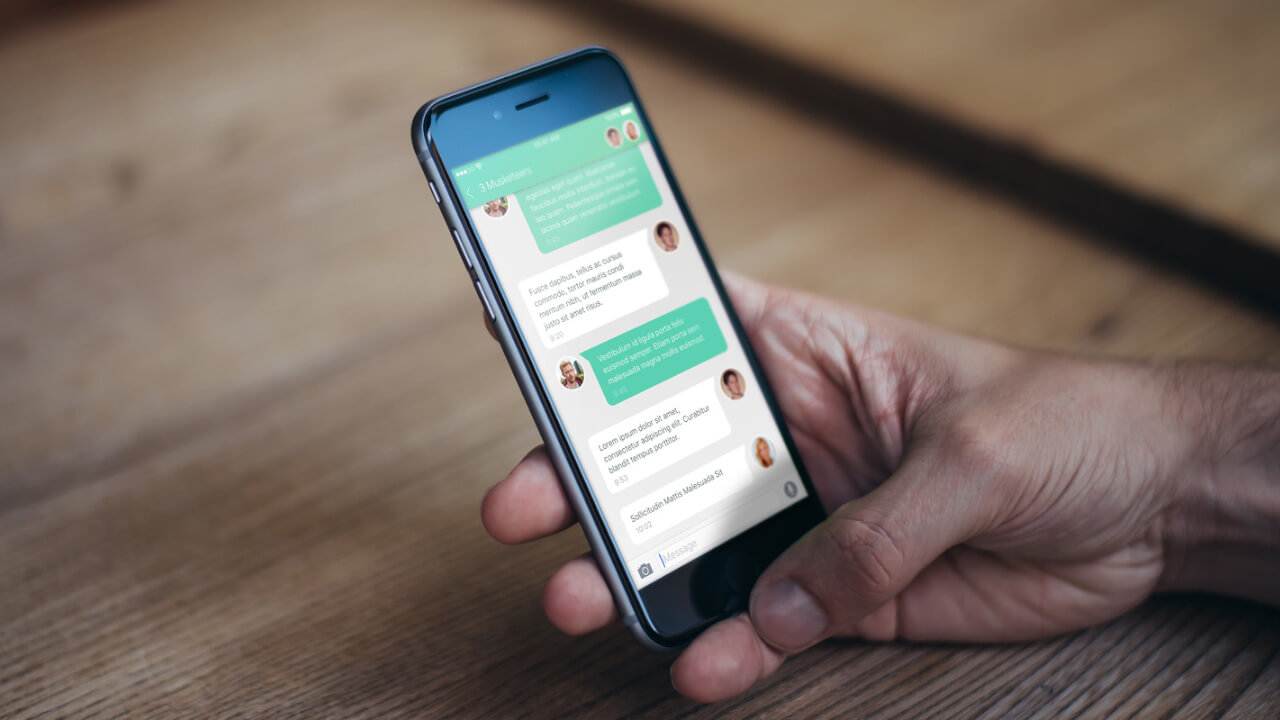
Connecting with potential guests using immersive, experiential advertising can build a hotel’s brand recognition and customer base. An accomplished experiential marketing agency knows how to push the boundaries of traditional advertising to generate brand awareness and customer loyalty using creative, innovative services.
NB: This is an article from Travelboom
Subscribe to our weekly newsletter and stay up to date
Millennials now outnumber everyone else; this crowd loves to travel, and they place a high value on experiences. If you haven’t considered fine-tuning your marketing tactics to include interactive, inventive campaigns and experience-based branding, you could be missing out on worthwhile leads.
Follow along as we show you what experiential marketing is and explain how these campaigns draw in new visitors, retain loyal guests, and help your hotel stand out from the rest.
What Is Experiential Marketing?
Experiential marketing for hotels involves using branding events, pop-up displays, or other interactions on and off the property to connect with customers and give the audience new ways to engage with the brand.
This marketing style is known as event, engagement, on-ground, and live marketing. Though it goes by many names, the idea behind it is still the same: Create an interactive experience that customers will remember, share, and connect with.
Experiential Marketing Campaigns for Hotels
The purpose of most experiential events is to engage customers offline, but today’s digital world allows hotels to entice guests with and without in-person interactions, in whichever medium resonates best. Reviews are essential for attracting younger hotel guests, and the emotional connection experiential branding enables often leads to high ratings and valuable reviews.
The best experiential marketing events and campaigns offer value to guests that goes beyond typical amenities to help the hotel become a preferred brand. Consult this list of experiential ideas to get your campaign planning started:
Digital Concierge
While a digital concierge – an AI-based assistant that answers guest questions or makes dining reservations – can help a hotel streamline manual processes, it is also useful for experiential branding. Offer personalized recommendations directly to guest rooms highlighting the amenities and services or showcasing property features to provide a catered experience guests won’t soon forget.
Bonus: Use insights learned from the AI interactions to target your traditional marketing efforts toward guest interests and travel preferences.




